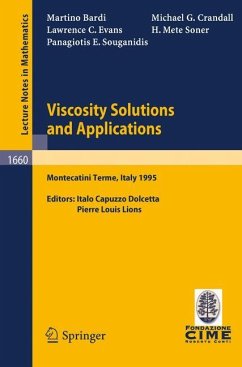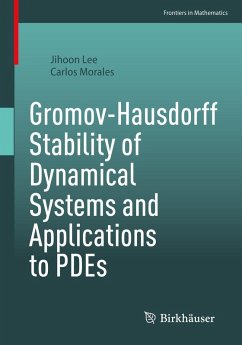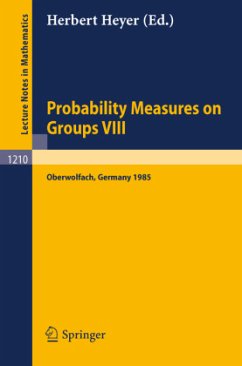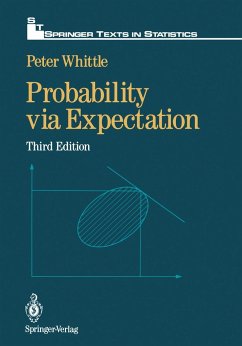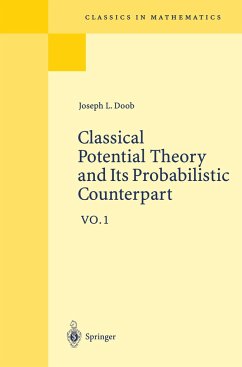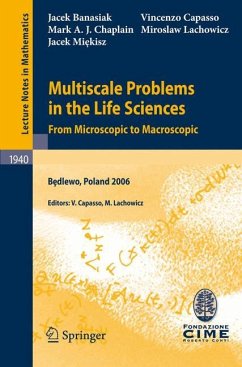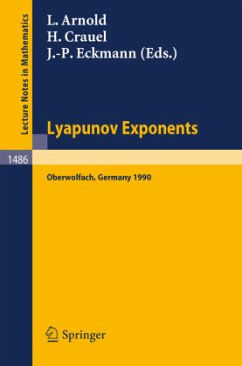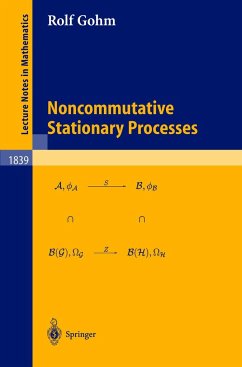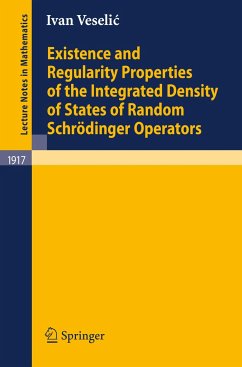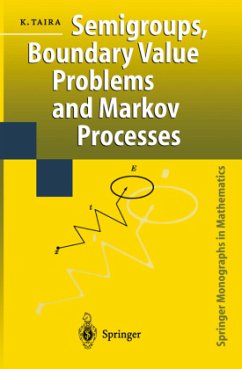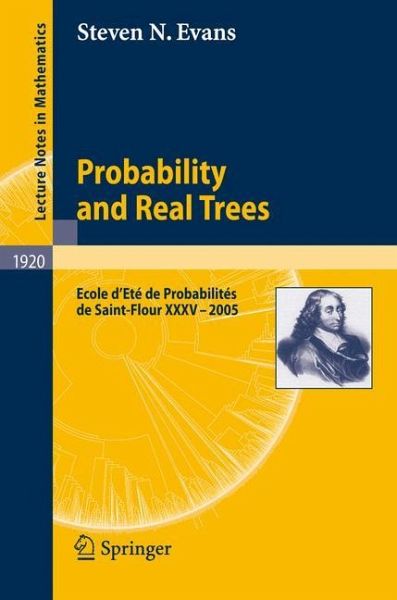
Probability and Real Trees
École d'Été de Probabilités de Saint-Flour XXXV-2005

PAYBACK Punkte
27 °P sammeln!
Random trees and tree-valued stochastic processes are of particular importance in combinatorics, computer science, phylogenetics, and mathematical population genetics. Using the framework of abstract "tree-like" metric spaces (so-called real trees) and ideas from metric geometry such as the Gromov-Hausdorff distance, Evans and his collaborators have recently pioneered an approach to studying the asymptotic behaviour of such objects when the number of vertices goes to infinity. These notes survey the relevant mathematical background and present some selected applications of the theory.





